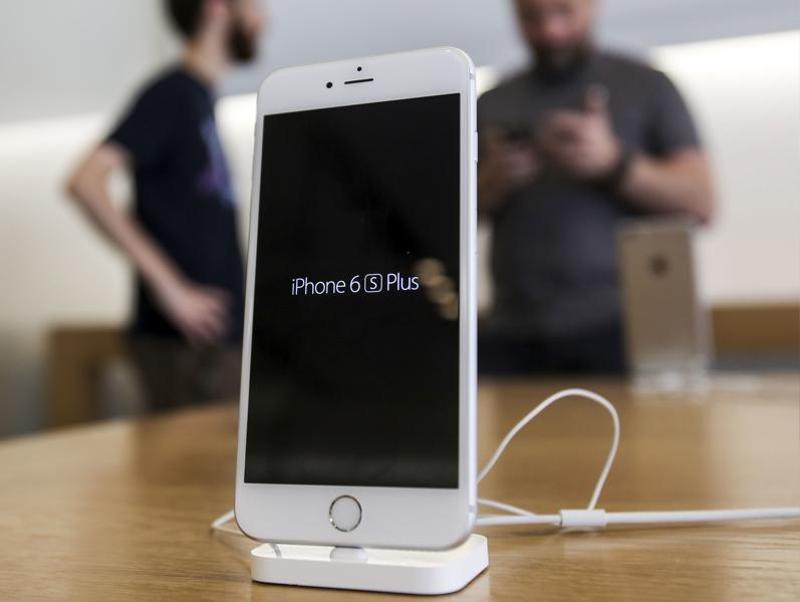FBI hacks iPhone without Apple’s help, withdraws legal action
The US Federal Bureau of Investigation (FBI) announced on Monday that it had successfully hacked into the iPhone used by a gunman in a mass shooting in California without Apple Inc’s help, effectively ending a pitched court battle between the Obama administration and one of the world’s leading technology companies.

Turns out the US government didn't really need Apple's help to access data stored by the San Bernardino terrorist on his iPhone 5c. The justice department told a California court on Monday that it had managed to break the encryption on the device, and stated that it is dropping the case against Apple Inc.
The California tech giant, which is the world's most valued company, had refused to cooperate with the FBI's request to break its own encryption program citing privacy concerns.
In response to the justice department announcement, Apple said this case should have never been brought to court as "it was wrong and would set a dangerous precedent".
The FBI had sought Apple's help to access the iPhone belonging to Syed Rizwan Farook, who along with his Pakistani wife, gunned down 14 people in San Bernardino last December.
Read: Shadowy hacking industry may be helping FBI crack an iPhone
The couple had pledged allegiance to the Islamic State in a Facebook post shortly after the shootings, and investigators wanted to know more about their links to to terrorist group.
Investigators wanted to access Farook's iPhone, which was given to him by his workplace, to know more about his contacts.
All iPhones are protected against unauthorized access by a tool that locks the phone after 10 wrong password entries. FBI wanted Apple to help it get around that block.
But Apple refused and CEO Tim Cook posted an impassioned plea to not go down that slippery slope, arguing consumers' privacy will be irretrievably damaged if it cooperated.
In a short filing with the court, the justice department said it has "now successfully accessed the data stored on Farook's iPhone and therefore no longer requires the assistance from Apple".
The filing was light on specifics, but an official of the department said a third-party company had helped in accessing the data stored on the device.
Justice department spokesman Melanie Newman acknowledged as much in a statement: "It remains a priority for the government to ensure that law enforcement can obtain crucial digital information to protect national security and public safety, either with cooperation from relevant parties, or through the court system when cooperation fails."
"We will continue to pursue all available options for this mission, including seeking the cooperation of manufacturers and relying upon the creativity of both the public and private sectors."
All eyes are on Apple now to see how it will react to this public announcement of a weakness in its encryption program. But the Cupertino, California tech giant gave no clues Monday.
In a detailed statement it said, "From the beginning, we objected to the FBI's demand that Apple build a backdoor into the iPhone because we believed it was wrong and would set a dangerous precedent."
"As a result of the government's dismissal, neither of these occurred. This case should never have been brought."
"We will continue to help law enforcement with their investigations, as we have done all along, and we will continue to increase the security of our products as the threats and attacks on our data become more frequent and more sophisticated."
"Apple believes deeply that people in the United States and around the world deserve data protection, security and privacy. Sacrificing one for the other only puts people and countries at greater risk."
"This case raised issues which deserve a national conversation about our civil liberties, and our collective security and privacy. Apple remains committed to participating in that discussion."


Read:
Apple complying with FBI's demand is 'bad for America': Tim Cook
Apple lawyer vs FBI director: Showdown in Congress over iPhone access
Catch all the Latest Tech News, Mobile News, Laptop News, Gaming news, Wearables News , How To News, also keep up with us on Whatsapp channel,Twitter, Facebook, Google News, and Instagram. For our latest videos, subscribe to our YouTube channel.































